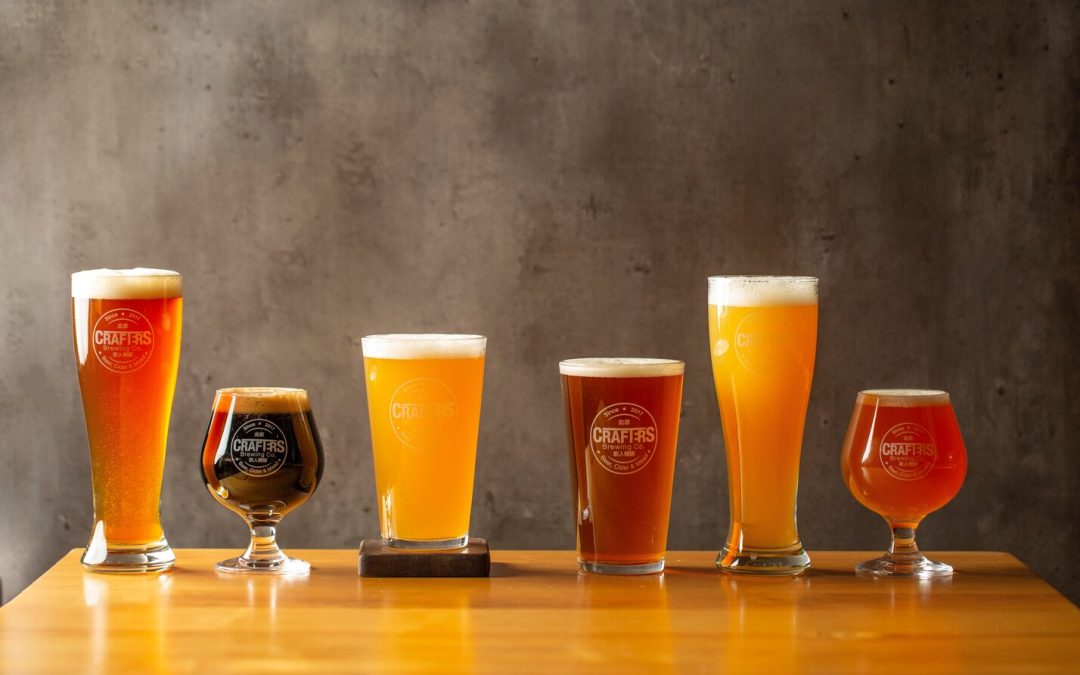How do beer glasses affect the whole beer-drinking experience? Some beginner beer enthusiasts say that glassware is just a marketing ploy, but the adept beer drinker knows better. Whether from a bottle or straight out of the beer taps, glassware is an important aspect of the beer drinking experience. For example, beer steins differ from a flute glass in forming a head as the beer is poured in, which makes a big difference in appearance and taste. A darker beer should have a wider brim in order to allow for more release of the volatiles found in the brew, thus enhancing the strong flavor and smell. A bottled beer is pasteurized and needs a taller, thinner pilsner glass for color and pourability. There are a lot of little different things like that that can make a big difference in your drinking experience.
Now of course there’s a big marketing presence in all these different varieties of beer glasses, but a true beer drinker knows that as the beer is poured in, something else is going on besides the nice looking logo on the side of the glass. The hue of the beer changes, the head forms at the top, and the anticipation of that first cool drink is more profound and complete. Just like any other pleasurable aspect of life, there’s a psychology involved here. Flavor, texture, aroma; these are the things that make up the drinking experience. If you’re drinking to relax and enjoy yourself, why not do all the things you can to enhance the experience.
One of the most important aspects of beer glasses is how the shape affects the formation of the head. This is important because the head acts as a sort of trap for the volatiles in the beer. What’s volatile in a beer? Compounds such as hop oils, a variety of yeast byproducts such as spices or alcohol are what make up a beer’s aroma and taste. Earlier beer that man drank was darker, stouter, and a lot grainier too, mainly because of the lack of filtration. As glass became more and more popular, so did lighter colored beers and better filtration processes. With so many different kinds of beers, a variety of beer glasses are needed to produce the maximum desired effect of the beer drinking experience. Many people have said that the 16-ounce pint glass is overall the most versatile glass for the widest range of beers. Many people place the importance of a glass because of the shape as they drink. A tall pilsner glass can be tipped up for quick drinking, while the tall narrow glass keeps the entire drink cold the whole time.
So which is the correct glass to use with which beer? The answers are vast and varied. Europeans may do it completely different than anyone else in the world, but what it really comes down to is your own personal preference. Go with some recommendations and then branch out and try some on your own. You may be surprised at the experience and find your own preferences to be totally unique to yourself.

